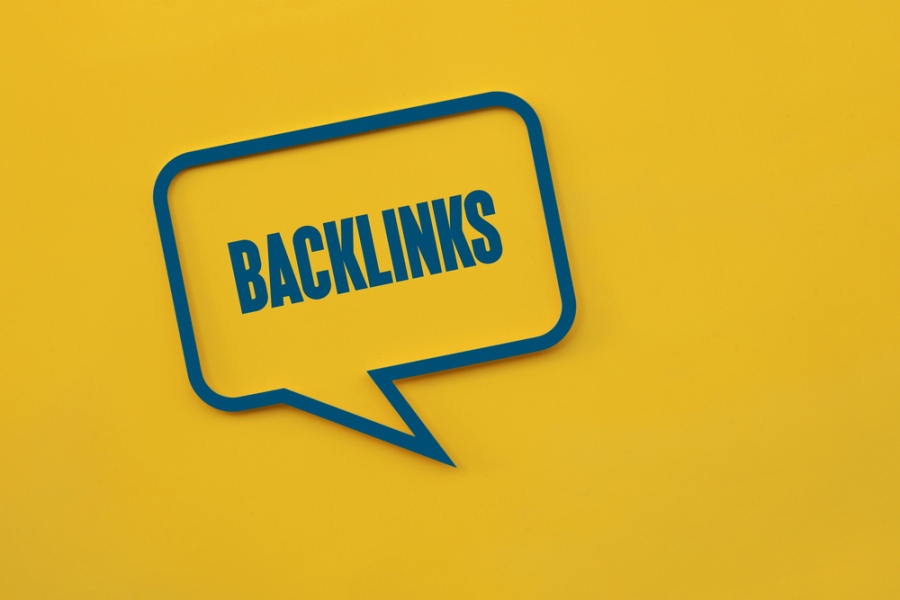Link building is one of the most basic tenants of search engine optimization (SEO), which is vital for any website or online business that wants to be successful. SEO is a complex and constantly evolving practice, but it essentially refers to the steps taken to optimize a website for search engines so it appears high in search engine result pages (SERPs). Since Google is the most widely used search engine, it’s generally considered the most beneficial to optimize for.
You can estimate how well your site will rank in search engines by checking your Domain Authority. This is a Moz-developed metric that scores a site’s authority from one to 100, with higher scores indicating a better chance to rank high in SERPs. Your DA is best used as a comparative metric to compare your site to others in your niche. Rather than competing with the entire web, you’ll just need to outscore your direct competitors to rank higher. Building backlinks is a great way to do this.

What are backlinks?
Also called “inbound links” or “returning links,” backlinks are links formed on one website that go to another. The more other sites link your pages and content, the more backlinks you have. Getting backlinks on high authority sites helps to boost your own DA, and building a large portfolio of healthy backlinks can help significantly boost your SERPs rankings. This is important since first-page search results often receive as much as 92% of total clicks. Getting your content as close to the top as possible is key for earning web traffic, and there are several ways you can work on this.
Healthy Links
To avoid search engine penalties, it’s important to focus your efforts on building healthy links using “white hat” methods. This basically just means using methods approved by search engines. “Black hat” methods try to take advantage of algorithms for short-term gains, but they can often backfire on the user. Here are some common healthy link types.
Contextual Links: These links appear within original content, and they generally support the content in some way. A common example is a link to a source in an article. Contextual links help search engines index pages, and they can greatly improve on-page SEO, assuming they link to authoritative pages.
HARO Links: Help A Reporter Out (HARO) is a database that allows you to freely sign up as a potential source for news stories. Once you sign up, you’ll receive emails about relevant topics you can contribute to. If your information is used in media coverage, your site will be linked as a contributing source. Backlinks from trusted news sources are among the best you can get, so make sure to put in the effort to answer questions thoroughly.
Directory Links: Directories are cataloging systems that provide links to websites. Examples of popular directories include Yelp, Google My Business, and LinkedIn. Submitting your site to popular directories can get you some relatively easy links.
Creating the Best Links
Building high-quality backlinks on your own is hard work, but involvement with the online community can help you out. Here are a few examples.
Make User-Centric Content: Any original content you create, for your own site or as a guest on others, should be created with your target audience in mind. What information is your content giving them, and how does it help them? Video content is incredibly popular, so it’s a good idea to make regular videos to share with your users. Any content they share on social media increases brand awareness and can link back to your site.
Guest Blogging: You can build your credibility on sites other than your own as well. Many blogs accept pitches for guest content, so it’s a good idea to look for ones in your niche, so you can establish your site as an authority in your field.
Link Building Services: If you’re having difficultly making links, or you’d just rather focus your efforts on other areas of your business, you can always use a service like whitelabelseoreseller.com. They can take care of content creation and link building for you, and they only use white label methods that will benefit you long term. Unlike paid advertising, links are permanent assets, so building a healthy portfolio can yield compounding returns.










That’s an interesting read. Now that SEO is blooming and google releasing lot more updates it is essential to note the significant factors affecting website & this is insightful. Thanks for sharing.